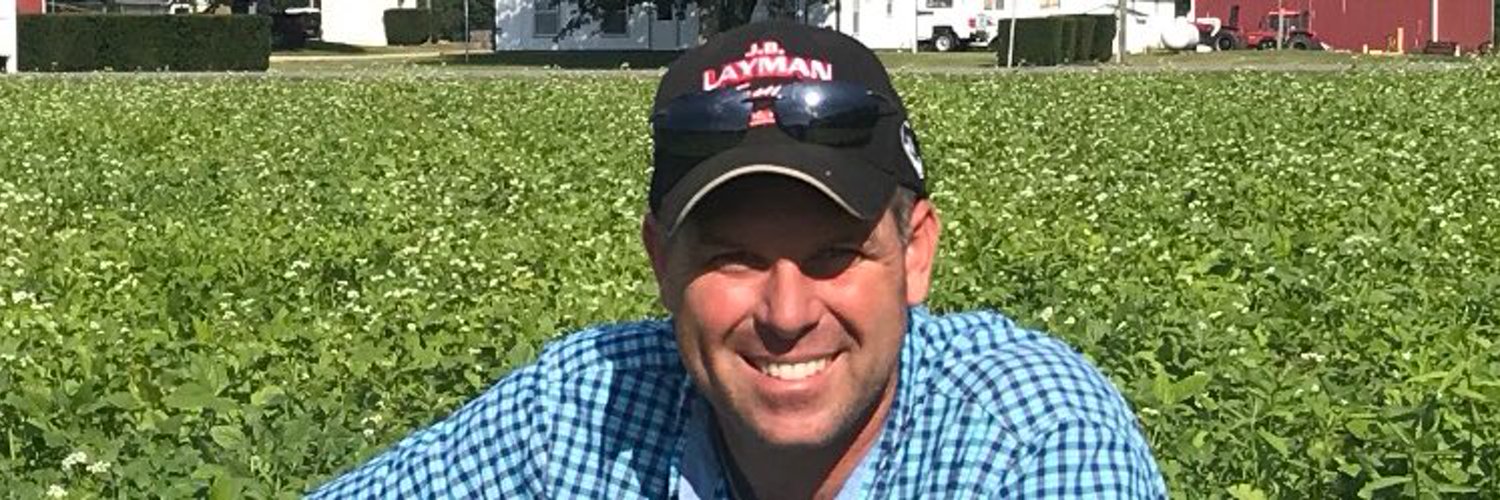Transition to organic sustains family farm

By Surya Zeeb
Published: November 25, 2019
Category: The Organic & Non-GMO Report Newsletter
When Joel Layman first started farming part-time in 2007, he would have said there was no way he’d ever grow organic crops. But today, Layman farms 1,700 acres of his family’s Michigan farm organically, with another 200 in transition.
It all started after working with his neighbor, who in 2013 had started farming organically. After seeing the potential with organic, Layman rented 25 acres that had been fallow for five years and transitioned them to certified organic.
That same year Layman visited a Chipotle restaurant after seeing the company’s “The Scarecrow” video. The visit led him to go organic.
“I was the oldest person in Chipotle by at least 10 years,” he says. “I then went to a McDonald’s after that to buy a Coke and I was the youngest person there by at least 10 years—that’s when it hit me: that’s the future.”
At that point, Layman decided he would do whatever was necessary to become an organic producer.
“We went wide-scale on transition—though it wasn’t everything at once,” Layman explains. “I rented out 500 of my acres to a neighboring farm and I’m still renting ground to them. It was a risk mitigation strategy and it helped convince our lenders to give us a shot.”
Layman is taking back the land he rents and is gradually converting it to organic. Soon, everything he owns will be 100% organic or in transition.
Organic production offers farmers profit margins that are twice as much as those of conventional farming. According to USDA, organic corn prices ranged from $7.25 to $9.00 per bushel in 2019, and soybeans ranged from $18.90 to $19. With such higher prices why aren’t more farmers switching to organic?
“The first stumbling block is your own perception; I had to buy the organic concept mentally,” Layman says. “After that, whether I farm conventionally or organically, I have the same challenges but if I’m committed to the change I can find a way to overcome them.”
However, there are risks to organic farming. Farmers need assurance that they will have markets for their crops during the three-year transition period and after. It also may be difficult to find lenders who will provide the necessary financing for organic production, though Rabo AgriFinance recently announced a new financing program for farmers who want to transition to organic.
Source: AgWeb
To view source article, visit:
https://www.agweb.com/article/transition-organic-sustains-family-farm




